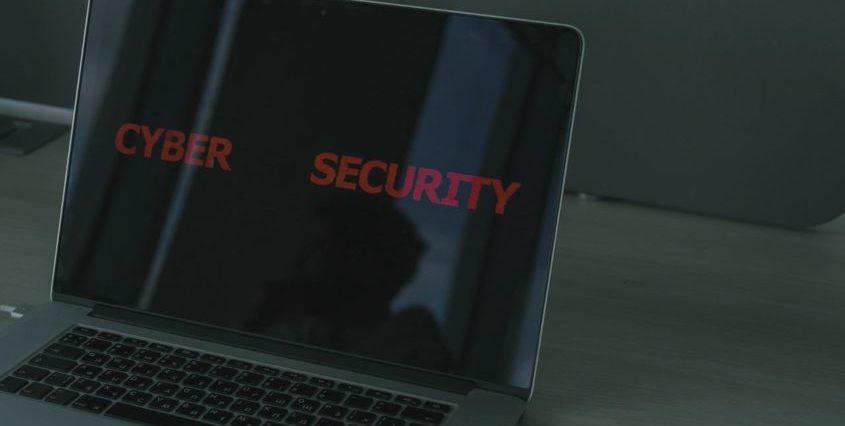
M&E Journal: Content Security in the World of Independent Film
Cybersecurity is a primary concern of organizational leaders across industries.
As more and more business transactions, transfers of information, and handling of creative assets happen in the virtual sphere, companies have defense against attacks, theft and damage top-of-mind.
In the media and entertainment industry in particular, organizations must strive to protect the copyrighted creative work that they produce (or that is entrusted to their care) while also educating suppliers and partners in best practices to avoid a security breach.
In the world of filmmakers and film festivals, the concern and the need for cohesive, careful practices permeates the film production and distribution hierarchy.
 A finite but significant number of hands touch the work. From film teams to labs to sales agents, to distributors and festivals and licensors and platforms, each person must be trained, trusted, and certified as implementing the best possible practices and tools of defense — or they must be eliminated from the process.
A finite but significant number of hands touch the work. From film teams to labs to sales agents, to distributors and festivals and licensors and platforms, each person must be trained, trusted, and certified as implementing the best possible practices and tools of defense — or they must be eliminated from the process.
As reported by Deloitte: “The risks and complexity of securing content within the M&E industry are amplified because of disparities in size, function, and security capabilities among organizations within the media supply chain.”
And according to a best practices report from the Motion Picture Association (MPA), there are more than a dozen types of facilities that may provide services or handle content prior to release.
Film Festival Flix, an online streaming platform dedicated to film festivals, and now celebrating ten years in the industry, has invested heavily in building systems that allow filmmakers to upload to our platform directly. And direct delivery means reducing potential breach points.
As our CEO Benjamin Oberman puts it: “If the goal is to empower film festivals to thrive in a sustainable environment online, then that sustainable environment must be secure. Leaked content, unauthorized viewers, unauthorized access — whether malicious in intent or a result of carelessness or ignorance — we have invested significant resources and time to protect against all of these breaches and more.”
A film can go straight from filmmaker to platform without our team touching it. In the world of film festivals and independent film, a great deal of responsibility falls squarely on the shoulders of those providing content to the platform, or sales agent, or distributor … and most often the filmmakers. As a content provider it is your right to ask to see the security audit reports of any enterprise you partner with, or any organization that will have access to your film.
“Do your due diligence and find out if the groups you’re working with are meeting TPN standards,” Oberman preaches. “Trust but verify.”
He then offers a cautionary tale: One of our festival clients who was forced to use an alternate platform by a distributor shared with us that the agent representing the content provider was ignorantly sharing administrative login details with thousands of potential exhibitors, providing free-for-all access to not only the raw video files, but also all the vendor and financial accounts of the licensor.
Continuing and vigilant education within each media and entertainment enterprise, and throughout the content supply chain, can’t be undervalued.
Ruth Vitale, a Film Festival Flix board member, is also CEO of Creative Future, a nonprofit coalition of more than 560 companies and organizations, and more than 275,000 individuals that mobilizes members to speak-up about creativity’s cultural and economic value, the importance of copyright in protecting creativity, and the massive harm caused by the global theft of creative works.
 The anti-piracy work of Creative Future cuts to the heart of what we all know about the importance of security: piracy is a for-profit criminal enterprise that puts hundreds of millions of dollars in the pockets of criminals, dollars that come out of the pockets of filmmakers, film teams, and everyone in the legitimate production, delivery, and viewing process.
The anti-piracy work of Creative Future cuts to the heart of what we all know about the importance of security: piracy is a for-profit criminal enterprise that puts hundreds of millions of dollars in the pockets of criminals, dollars that come out of the pockets of filmmakers, film teams, and everyone in the legitimate production, delivery, and viewing process.
Like the industry, the hackers are evolving.
Their methods are sophisticated, their profit potential and black-market options unprecedented. But Film Festivals, filmmakers, and other organizations and individuals can set themselves up for success.
“Prevention is the strongest protection,” Oberman said. “Everything else after that becomes a defense. You can’t put the genie back in the bottle.”
Content providers, distributors, and all involved in the delivery and viewing processes must take advantage of every protection available.
How? By partnering with enterprises who have made the investment and done the work to meet Creative Future, the Content Delivery & Security Association (CDSA), and Trusted Partner Network certifications and standards, and are committed to education and best practices.
While security threats may never be eradicated from the digital landscape, creative content can be successfully secured for the maximum benefit of all who adhere to these standards.
* By Amber Davis Johnson, Director, Communications, Branding, PR, Film Festival Flix
=============================================
